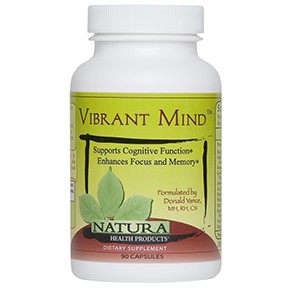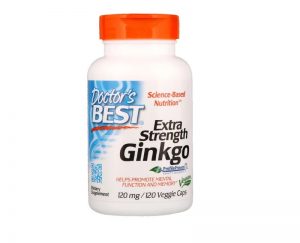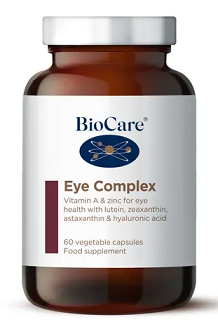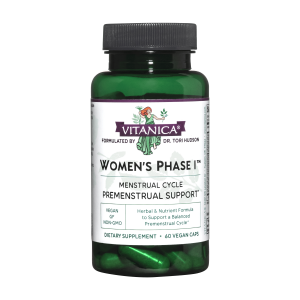Ginloba (Ginkgo Biloba) is one of the most extensively researched plants on the planet and one of the oldest surviving tree species on earth.
This ancient herb increases blood flow to the brain, enhances long distance vision, improves memory and increases uptake of glucose by the brain cells.
Chinese monks are credited with keeping the tree in existence, as a sacred herb. It was first brought to Europe in the 1700’s and it is now a commonly prescribed drug in France and Germany. It is one of the most well-researched herbs in the world.
Ginkgo works by increasing blood flow to the brain and throughout the body’s network of blood vessels that supply blood and oxygen to the organ systems.
Ginkgo has been used to relieve tension and anxiety and improve mental alertness, elevate mood and restore energy. It also improves circulation in the extremities relieving cold hands and feet, swelling in the limbs and chronic arterial blockage.
What makes Ginkgo special is that its bioflavonoids have a stronger biological activity than most other bioflavonoids, and seems to have a specific affinity for the capillary beds of the brain.
The brain is one of the hungriest organs of our body.
For proper function, it needs to be continuously bathed in oxygen and nutrient-rich blood.
Little malfunctions in the circulation of the capillaries can cause memory problems in the brain.
By repairing these malfunctions in brain circulation, ginkgo can increase brain function, including memory.
Ginkgo also has the capacity to increase the oxygen content of the blood.
Ginkgo both increases the amount of neural transmission and increases the number of receptor sites for neural transmission.
Even though Ginkgo is one of the most important herbs for the brain, it is important to understand that its components don't go directly to the brain.
The ginkgosides work as herbal antioxidants throughout the body, and enhance the microcirculation of capillary beds throughout the body.
Therefore, Ginkgo is beneficial to all organs that have rich blood supplies, including the heart, liver, kidneys, lungs, and spleen, to mention only a few.
Many human and laboratory studies have examined the use of ginkgo for dementia. Scientific literature overall does suggest that Ginkgo daily benefits people with early stage Alzheimer’s disease and multi-infarct dementia.
Pack size: 4oz
No artificial sweeteners, flavours, colours or preservatives.
Store in a cool, dark place out of reach of children
DisclaimerFood supplements should not be used as a substitute for a varied diet. If you are taking prescribed medication, have any medical condition, or are pregnant or breastfeeding, please consult your healthcare practitioner before taking food supplements.
Free UK Standard delivery on orders £45+
Standard delivery is £4.40 for orders under £45
Express delivery is £5.49 for orders under £45
Read More
Standard (by DPD, pre-cleared, no additional charges) prices start from £6.
Express (by DPD, pre-cleared, no additional charges) prices start from £17.49.
Standard (by regular post, estimated 4 – 21 working days) prices start from £8
Courier (by road, estimated 3 – 7 working days) prices start from £15
Express (by air, estimated 1 – 5 working days) prices start from £20.49
Nature's Fix operate a no quibble 14 day return policy*
Additionally, the CCR give you the right to change your mind and cancel an order within 14 calendar days for any reason.
*Nature’s Fix accepts returns of products returned in perfect re-saleable condition i.e. in original, undamaged packaging, not used, with protective seal in place.
If you do decide to cancel your order or you wish to return an item, then you must put this in writing. The most efficient method would be to email help@naturesfix.co.uk with your order number and “return request” in the subject of the email. You should then await authorisation and further instructions.
Read More














